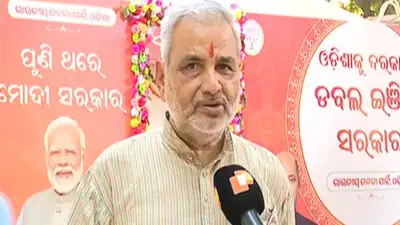Recommended Stories
Setting the tone for the meeting between Prime Minister Manmohan Singh and his Chinese conterpart Wen Jiabao in Bali, Indonesia, government sources said today that the two countries have moved beyond the one-issue relationship focussed on border row to the "full spectrum" of engagement despite having "one of the most complex relationships in the world".
The sources noted that bilateral trade between India and China had been witnessing robust growth, crossing USD 61 billion mark last year and 17 per cent increase in the seven months of this fiscal although the "big issue" of imbalance in favour of China remains.
The relationship is fraught with "risks" but it should not be stereotyped, the sources said while pointing to the complex nature of the relationship which has elements of both "competition and cooperation".
Noting that the Line of Actual Control has been calm for nearly four decades, they said the Chinese intrusions had come down in the last few years although its military capabilities have increased. They, however, did not give any figures.
The sources said the intrusions, from either China or India, had become kind of predictable as both sides know where these will take place but there is no military confrontation.
The intrusions are actually symbolic, with both sides leaving traces like cigarette packets or writing on stones, to assert claim over the territory.
The two countries will be putting in place by this year-end a mechanism for border management which is intended to avoid and address any misunderstandings. The proposal for setting up the mechanism was mooted by Wen during his visit to India last year and the decision to set it up was taken when the two Prime Ministers met in Sanya, China, in April this year.
The Special Representatives, who will be meeting here towards the end of this month, have made progress in their negotiations on resolving the boundary question.
Elaborating, the sources said negotiations had three stages. The first stage was Guiding Principles and Political Parameters, which was put in place in 2005.
The second stage was identifying the framework for resolution of the boundary dispute and the third stage to apply that framework, the sources noted.
The second and the third stages are the "hardest" part of the negotiations and efforts are underway to conclude these. At the same time, neither side had put any timeframe for concluding these.
The sources talked about the need to "manage" the relationship while acknowledging that it was "hardest" to predict. With regard to building of capacities along the LAC, they said it has happended on both sides as the two countries have grown economically over last 10 years.
There is a kind of balance in terms of infrastructure and military capacities on both sides of the LAC.












